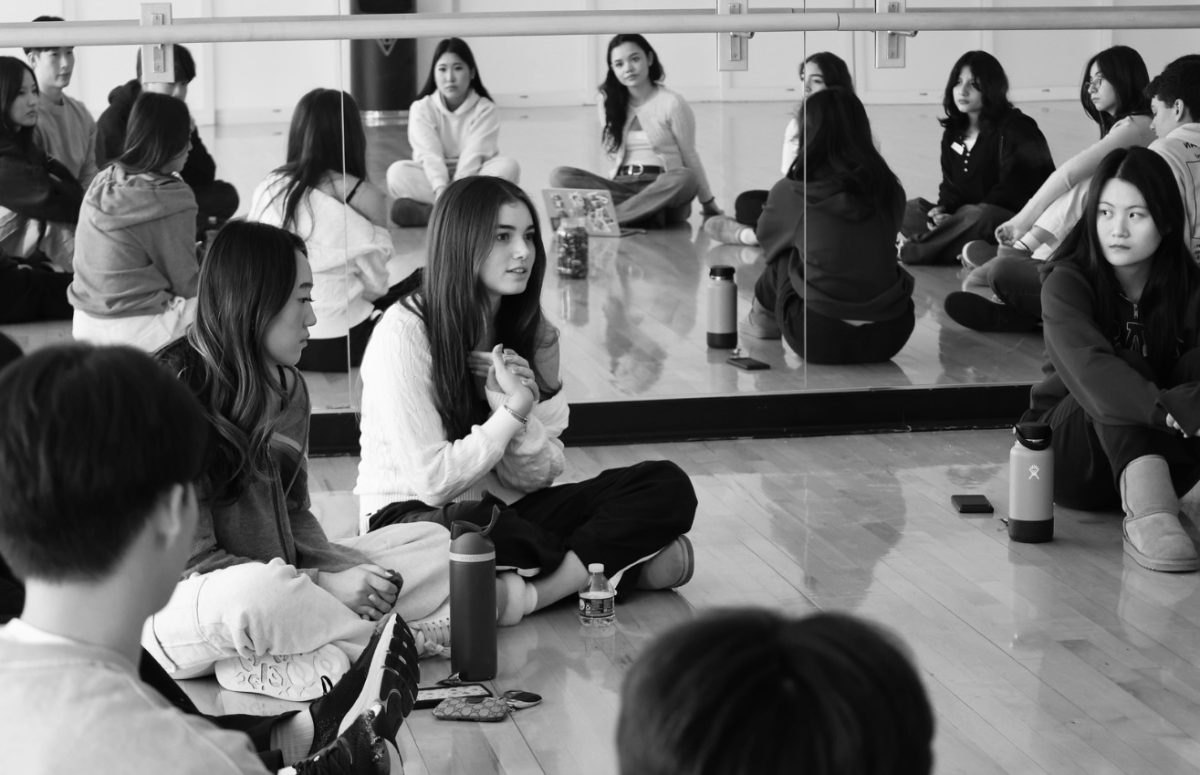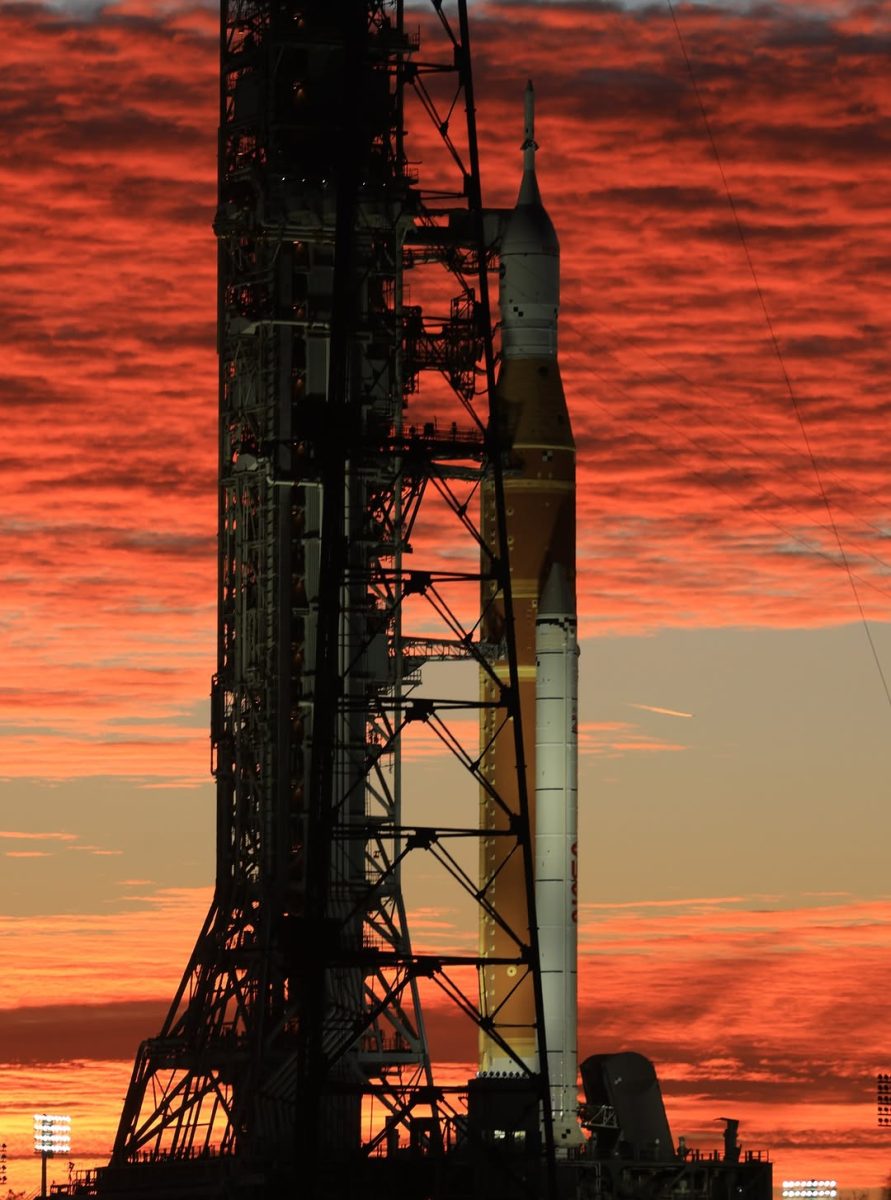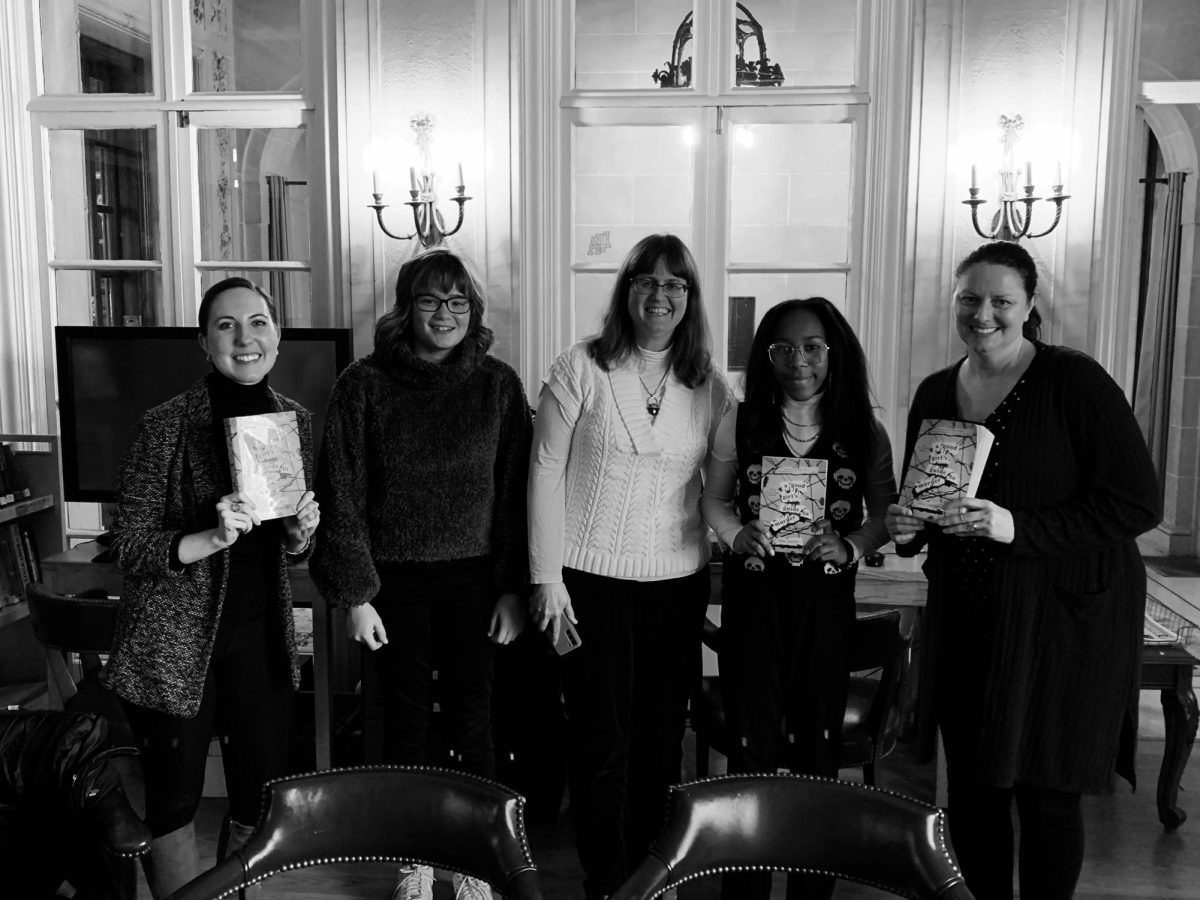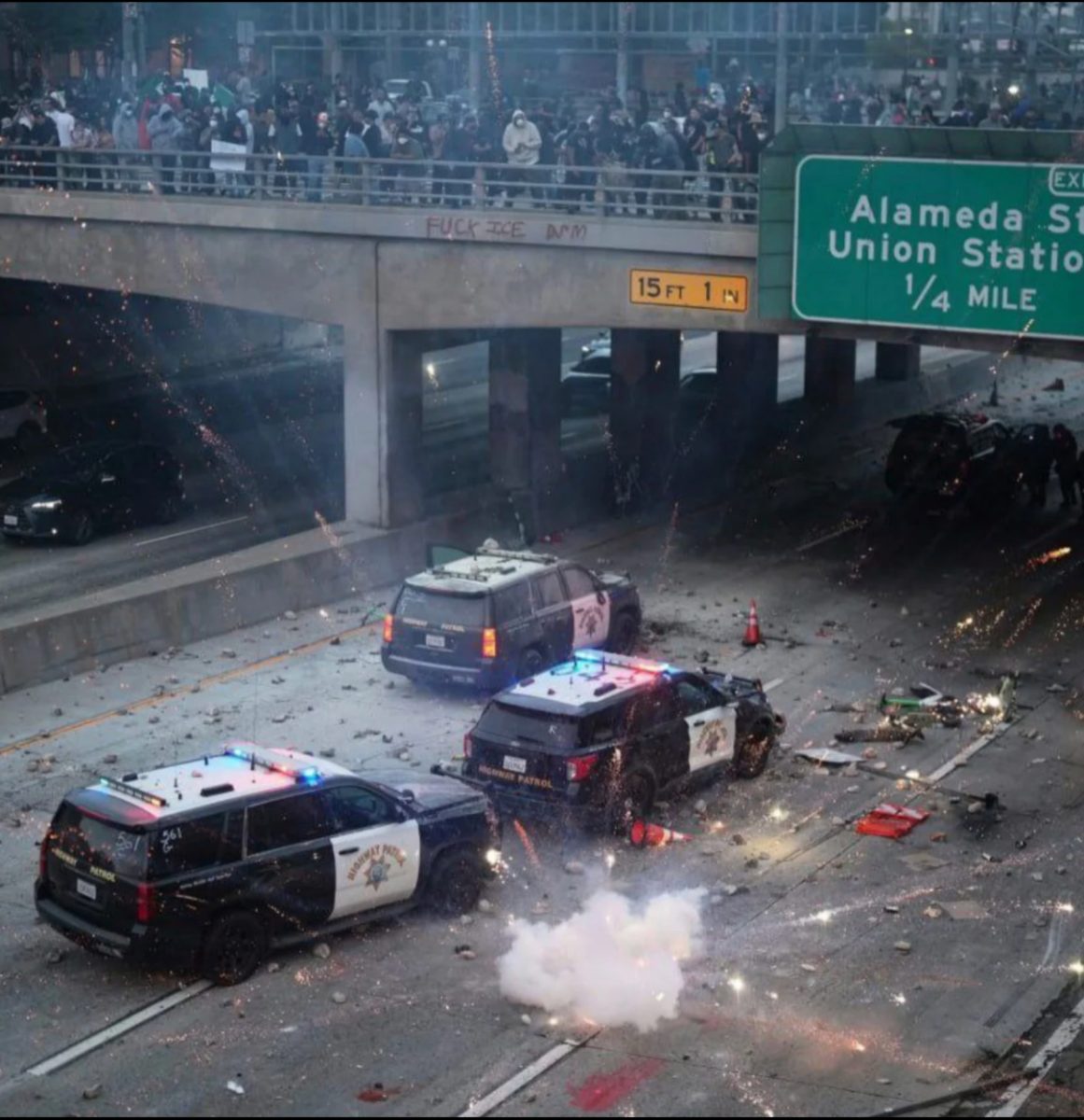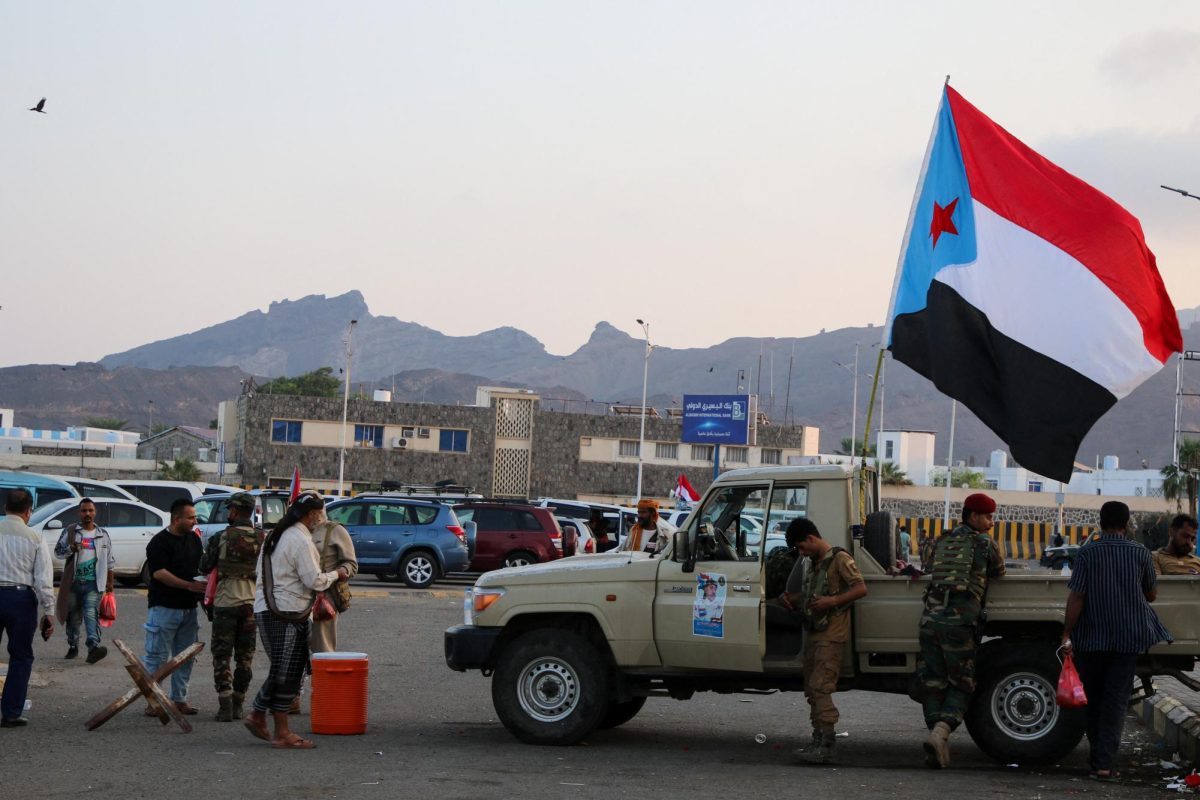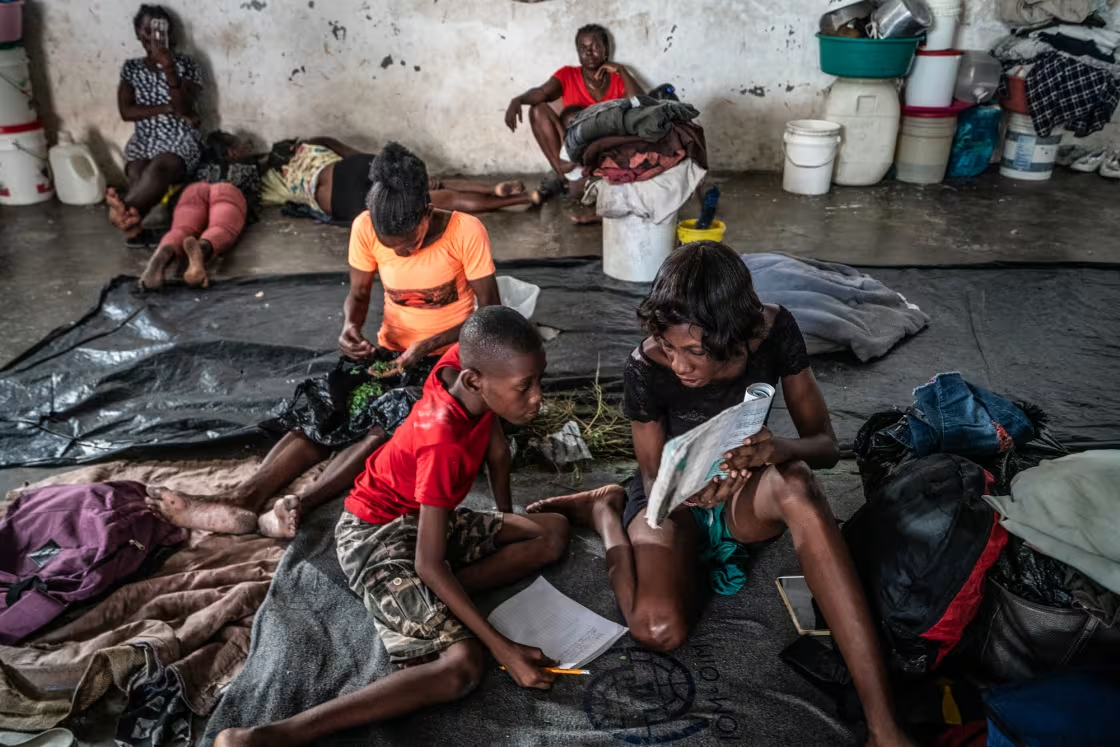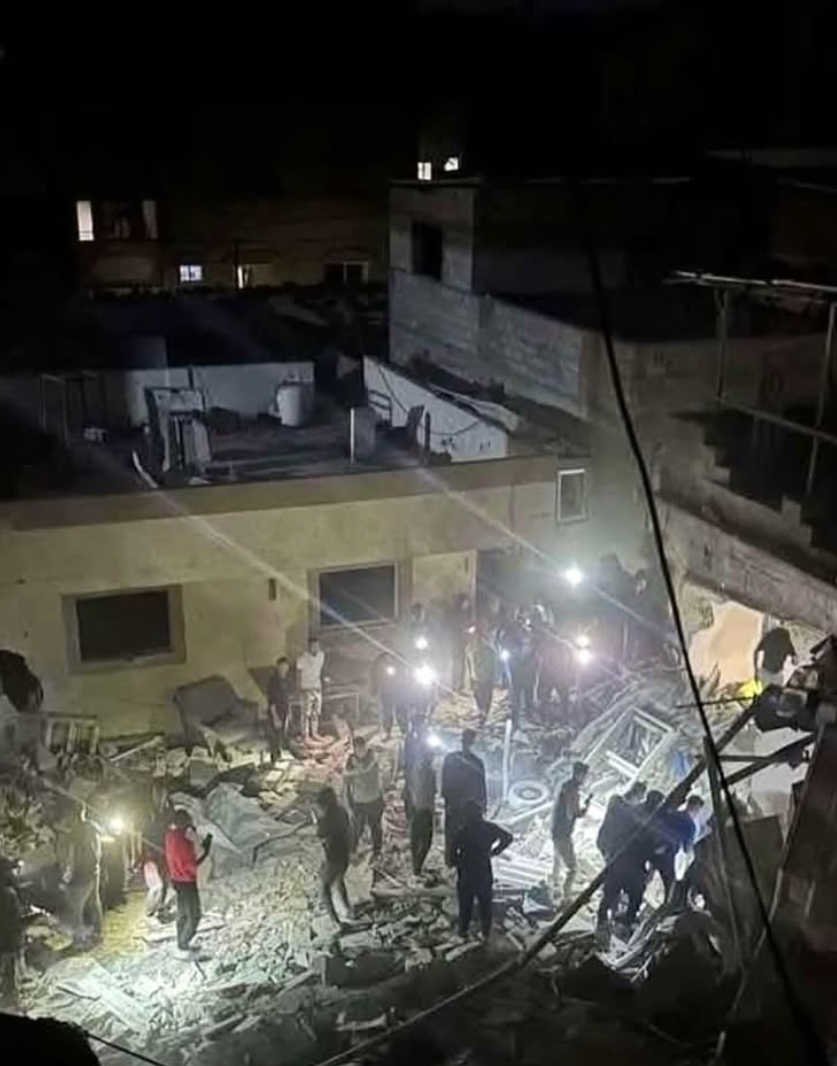Haiti is a nation currently facing a humanitarian crisis plagued by devastating disorder, instability, and poverty. Distraught by extreme gang violence and a lack of sufficient basic resources — food, water, healthcare, sanitation, and education — hundreds of thousands of Haitians have been uprooted from their homes. These numbers are unprecedented; according to the UN Migration Agency, 700,000 citizens are internally displaced (a 22 percent increase from June and a 60 percent increase from March). Exacerbated by political vulnerability and natural disasters, the tumultuous state of Haiti has caused widespread suffering for its inhabitants — an issue that has characterized the nation for centuries.
Haiti became the world’s first Black-governed nation in 1804, following a successful slave-led revolution against French colonial rule. Although this victory rendered Haiti an independent country, France continued to exploit the nation, requiring Haiti to pay an estimated $20-30 billion in reparations. As a result, Haiti was forced to take out loans, plunging the nation into an immense debt that took 122 years to pay off. This shortage of finances was further worsened by the United States’ occupation of Haiti in 1915; the US utilized its control of Haiti’s economy to fund payments to both itself and France — draining away close to 40 percent of Haiti’s total income, as stated by NPR News.
The result of the influence of the US and France over Haiti was the diversion of money that should have been dedicated to the financing of government and infrastructure. This issue presents itself in the modern state of Haiti: “When you build a government that doesn’t have funding historically and has people looking to exploit it, it’s hard to reach stability,” explained Sam Wold, a history and social sciences teacher at LFA.
While deeply rooted in the nation’s past, the current turmoil in Haiti is a multifactorial issue that reaches beyond poverty and its consequences. In 2014, Haiti was hit by a 7.1 magnitude earthquake, which devastated the capital of Port-au-Prince and took the lives of nearly 300,000 people, while earthquakes in 2021 and 2023 have killed thousands more. Without enough money to rebuild the country, Haitians have been left without adequate infrastructure and in need of basic resources.
Still, these natural disasters are compounded by the pressing issue of gang violence, which has swept the nation and left many Haitians in dire need of assistance. Human Rights Watch expressed that nearly 80 percent of Port-au-Prince is dominated by aggressive criminal groups that torture civilians – assaulting, abducting, and murdering them. This terror has necessitated the closure of schools and hospitals, further inhibiting Haitians from access to essential services and safety. Haitian authorities are unable to effectively suppress the gangs: illegal weapon trafficking has provided the criminals with stronger firepower than the police themselves. To add to the difficulties, UN statistics reveal that five million Haitians are profoundly food insecure, and 1.8 million are considered to be in an emergency level of food insecurity.
All of this, combined with the assassination of Haitian President Jovenel Moise in 2021, has culminated in a ruthless cycle of Haitian affliction. In the wake of his death, a surge of political instability facilitated the spread of ungovernable violence that was ripping Haiti apart. A wave of disastrous events continues to strike Haiti, hindering improvement in the country’s living conditions.
The effects of the humanitarian crisis in Haiti have expanded beyond the Caribbean nation. Seeking protection from the instability of their home country, many Haitians have begun to seek refuge elsewhere, with the United States being the primary destination. A large proportion of these refugees journeying to the US — an estimated 12,000 to 15,000 according to ABC News — have settled in Springfield, Ohio, a small town recently placed under a scrutinizing spotlight by Donald Trump, who during a presidential debate, claimed that in Springfield, “They are eating the dogs. The people that came in. They’re eating the cats.”
This comment, which has gone viral on social media and gained national attention, has harmed the Haitian community in the US, further stigmatizing an already vulnerable population, “Certain politicians are kind of targeting Haitian migrants as a political tool. It has caused a lot of pain and suffering within Haitian populations in the United States,” shared Wold. “A lot of Haitian migrants are here legally; they are brought over for work that communities need. But because of politics right now, some people are targeting them as scapegoats.”
With Haitians facing dire conditions within their country and inescapable insecurity beyond its borders, it is evident that their humanitarian crisis requires attention from the international community. In an attempt to support Haitians, numerous aid projects have been launched to address both immediate needs and long-term recovery efforts. The UN has begun its Multinational Security Support Mission, focused on working with Haitian Police to restore stability. Additional endeavors include initiatives by the UN World Food Programme and the International Organization for Migration, both of which work to supply meals and enhance cleanliness in Haiti.
Despite the dedication of a multitude of organizations and volunteers, the challenges in addressing the humanitarian crisis remain daunting. As stated by Human Rights Watch, the UN’s appeal for Haiti has only received 35 percent of its required financing. A large gap remains between Haiti’s needs and the available resources. From unrestrained violence to political unrest and natural disasters, Haiti urgently needs international cooperation. It is imperative that the world stands alongside Haiti to provide support for the millions of Haitians in need and encourage the country’s movement to a more stable future.



